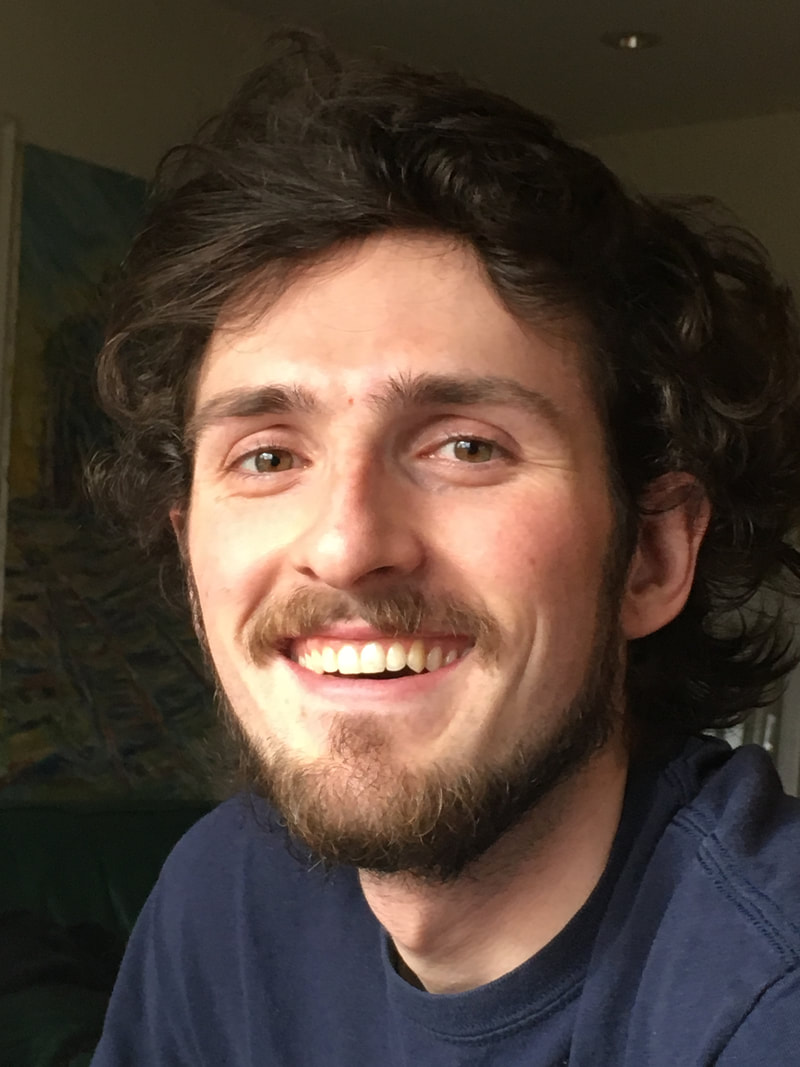|
I would like to share some thoughts that I’ve had recently on agency and the importance of programs like OIMB’s REU. An element of research (and work in general) that has not been properly expressed in my experience in several colleges is the need for flexible thinking and the satisfaction that a person can gain from expressing their agency. What I mean by agency is most simply explained as a person’s ability to affect or change things around them for the better. You might also interpret it as solving problems or utilizing accrued knowledge. Here is an example. During the last week of cruise preparation, I have looked through a variety of different protocols relating to experimentation, analysis, and equipment operation. While reading these protocols and training for video analysis I observed a basic issue: nobody thought to record the times of any events in the footage from the previous cruise. The basic consequence of this is that the footage must now be meticulously combed through and compared to the accompanying environmental data in order to stitch together a picture of when the CTD and attached camera are being raised and lowered in the water, all so that we can match the time that readings began to the relative time in the video. This is a very time-consuming process and, in response, I quickly typed up a set of instructions that details the important events that should be timed with a stop watch. This was by no means an inspired or difficult process but the very act of observing a problem, coming up with a solution, and then implementing that solution was very gratifying!
This gratification is something that I have observed in my fellow REU participants as collectively, we discover that You! Yes You, the Undergraduate, can develop creative answers to real world questions!It is an experience that simply cannot be taught in the classroom but must be experienced through implementation of the knowledge we have accumulated throughout school and throughout our lives. I think this is understandable considering the volume of information that a person must ingest during their time in college, especially in the sciences, and I have had the pleasure of studying under a number of teachers who try their very best to express the usefulness of knowledge found in the classroom. Even so, I can honestly say that I am more interested and more involved after eleven days of research at REU than I have been in two years of full time education, and I don’t believe that I can drive home the importance of this program any more eloquently than by communicating those feelings. Whether testing a new camera system, collecting crabs in the local estuary, or simply sitting at a desk and writing protocols, I have felt dynamic and involved in every task. I believe this is the importance of programs like REU, to teach new generations of people to recognize their agency and to teach them to love expressing that agency.
0 Comments
Leave a Reply. |
AuthorHello there! My name is Matthew Gimpelevich and I am currently an undergraduate student in my third year of oceanography and engineering at Seattle Central College in Seattle, Washington. I’m lucky enough to be working in the Sutherland lab at the Oregon Institute of Marine Biology where I get to formulate my own methods of studying the pyrosome, Pyrosoma atlanticum, which has recently migrated up the Pacific coast from warmer waters! As an REU intern, I look forward to developing research techniques and methods of organizing and maintaining my own projects! Archives
August 2018
Categories |
Proudly powered by Weebly

 RSS Feed
RSS Feed